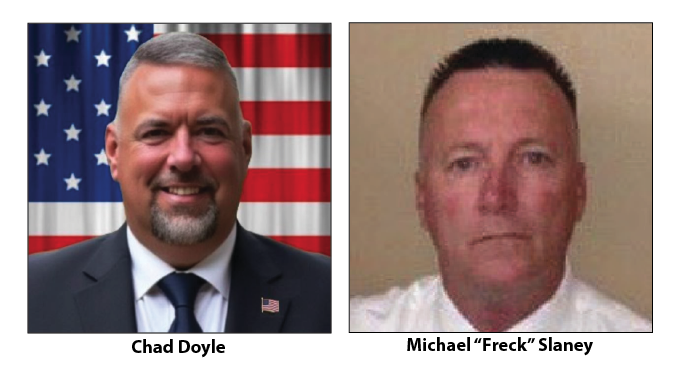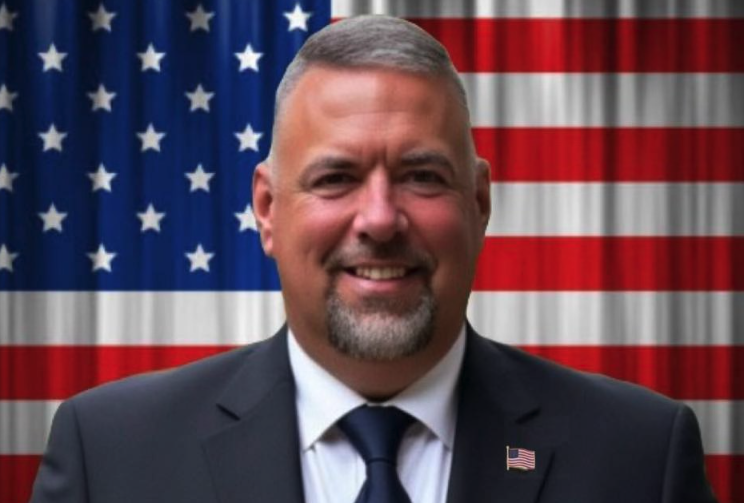PAR talks pharmacy bill, possible Medicaid cuts
Published 10:21 am Tuesday, June 24, 2025

- (Special to the American Press)
Prescription costs and pharmacy benefit managers (PBMs) were a target at the tail end of the 2025 legislative session that ended earlier this month.
In the aftermath, three lawmakers joined the Public Affairs Research Council of Louisiana on a webinar last week to discuss the regular session: Senate President Cameron Henry, House Criminal Justice Vice Chair Vanessa LaFleur and House Appropriations Chairman Jack McFarland.
Several bills were discussed, including House Bills 264 and 358. These bills focus on PBMs, the middlemen between drug manufacturers and health insurance providers.
Trending
HB 264, which was passed by the state senate, places new restrictions on PBMs to ensure transparent practices and increase pharmaceutical savings for customers. The legislation requires PBMs to pass rebates and discounts onto customers and prohibits PBMs from sending customers to their pharmacies.
The bill, HB 358, was halted in the state senate in the last hours of the regular legislative session after the state senate opted to not introduce the legislation. HB 358 would have prohibited the Louisiana Board of Pharmacy from renewing or granting permits for pharmacies owned or operated by PBMs, ultimately banning PBMs from owning retail pharmacies in Louisiana.
HB 358’s provisions would not have taken effect until Jan. 1, 2027. Henry said the long implementation period gave some lawmakers pause, stating the bill died at the state senate primarily because the bill “didn’t go through the normal legislative process.”
“There wasn’t committee hearings on the senate side of the house side, no public testimony, the most basic things you need to do when you’re doing something of this magnitude that’s going to affect literally everyone across the state,” he explained. “At the end, that late day, being that late in the sessions, having an implementation date that long out, members really feeling uncomfortable … let’s study the effect of this.”
Proponents of the bill believe the move will lead to lower pharmaceutical drug costs. But those opposed said the closure of pharmacies in Louisiana would disrupt healthcare, worsen health outcomes and increase drug costs for patients, according to a Pharmaceutical Care Management Association release.
Gov. Jeff Landry took to social media the day after the legislative session ended to declare his plans for a special session to “lower your drug prices.”
Trending
Henry said a special session to address HB 358 is unlikely.
The state senate did pass a resolution requiring the Louisiana Department of Health to study the potential impacts of HB 358, which must be completed before the 2026 regular legislative session in March.
Federal Medicaid Changes
However, Henry said to expect a special session if the over $90 billion cuts to Medicaid included in the “Big Beautiful Bill” is passed with no implementation period.
Nationally, there are particular concerns about the $400 billion cut to provider taxes that fund Medicaid for 49 states. For Louisiana, the loss could total $4 billion, which would have “devastating” effects on rural hospitals and medical providers, he said.
“We can’t handle a huge drop immediately. What we’d do there would not be pleasant, but we have to do it.”
House Criminal Justice Vice Chair Vanessa LaFleur echoed Henry, stating that budget cuts would have to be made in special session if the Medicaid funding is immediately pulled.
“As much as I don’t like the idea, if it happens the way we anticipate, we’ll be back in special, we’ll be making cuts because we have to. It’s just the unknown.”
Henry has been in touch with U.S. Sen. Bill Cassidy, U.S. House Speaker Mike Johnson, and U.S. House Majority Leader Steve Scalise to warn them of the potential negative impact of Medicaid cuts on the state.
“They’re aware of it, but they’re also aware that the rest of the country wants changes,” he said. “The idea of waste, fraud and abuse sounds good, but it all depends on how you define it.”
A two-to-three-year implementation period with the opportunity for amendment is “the most realistic thing we can ask our delegation.”





